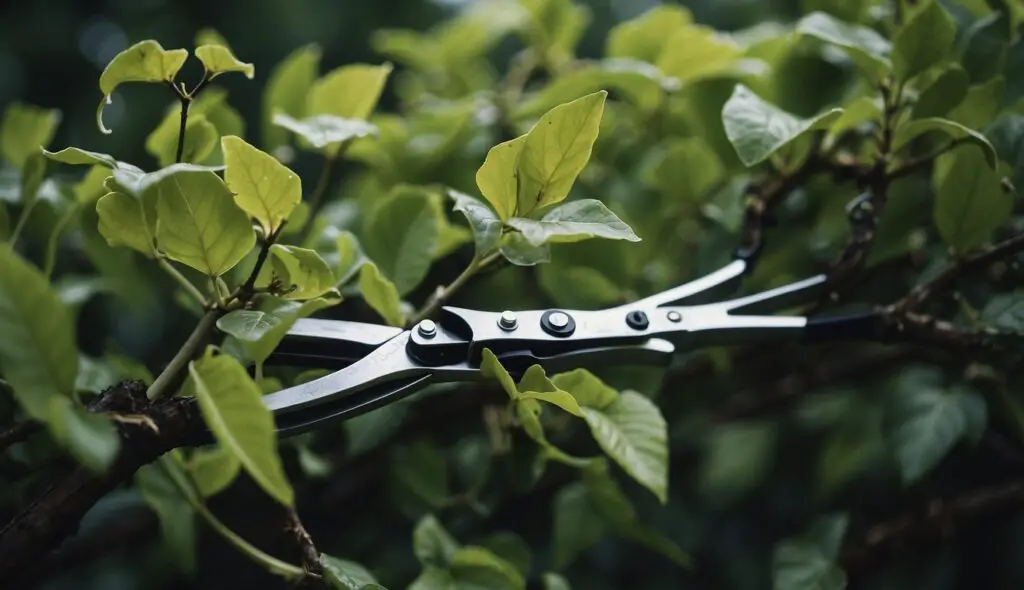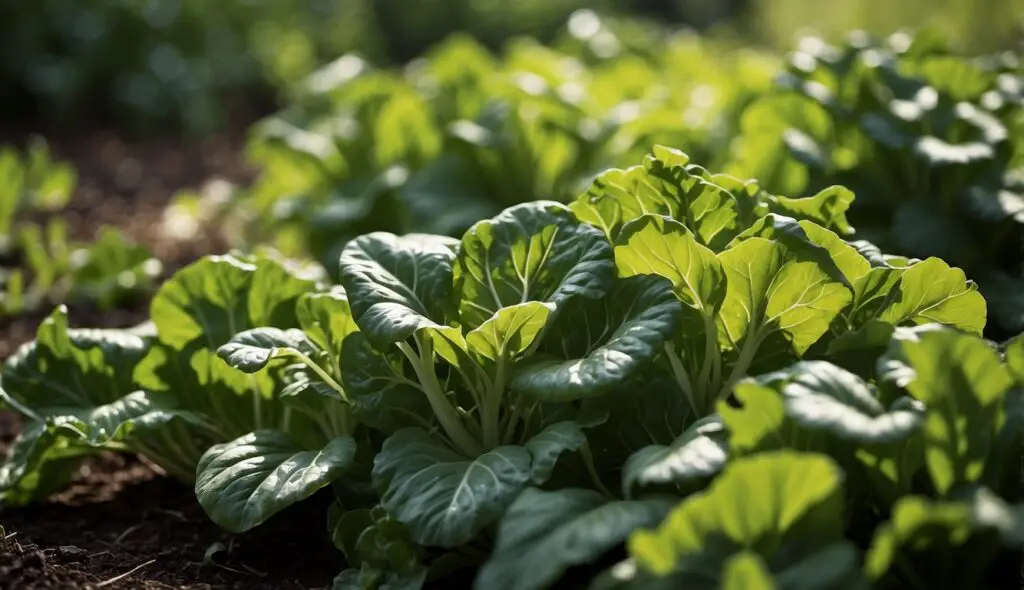Latest articles
Featured Articles

The Truth About Vitamins

Super Green Foods: The Ultimate Nutritional Powerhouses
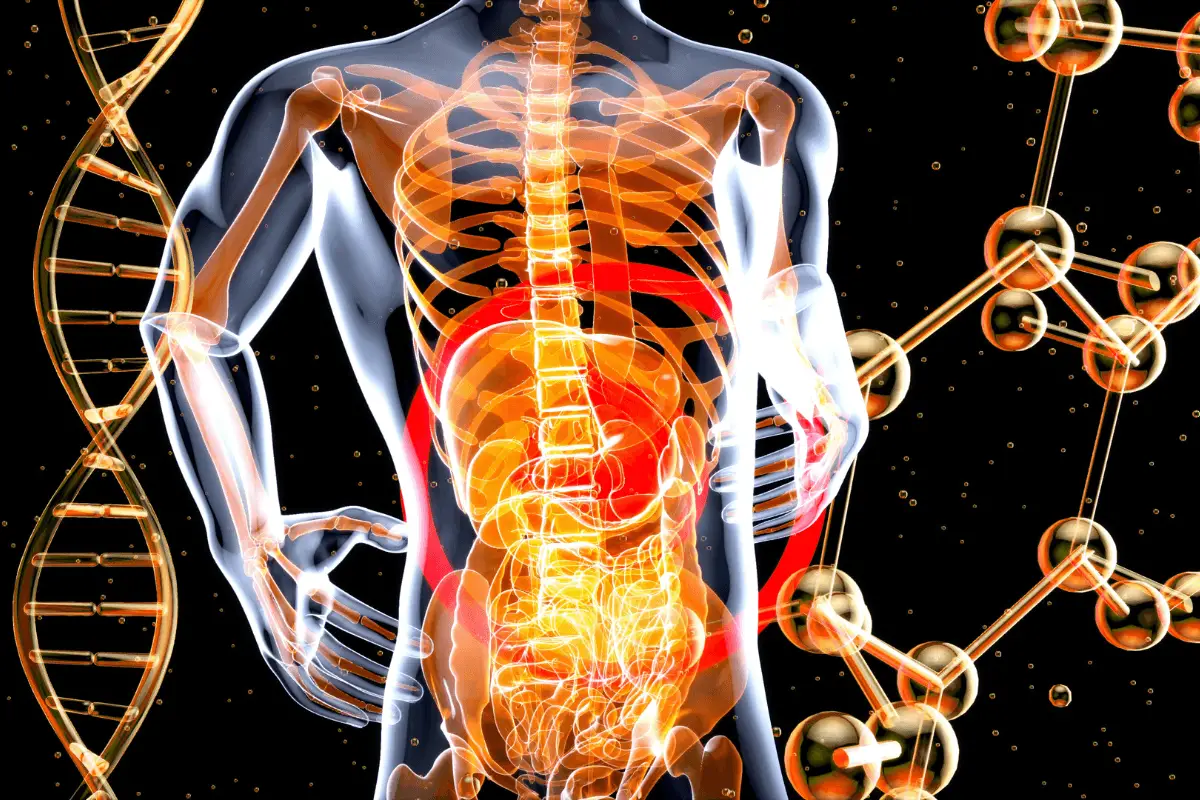
Digestive Enzymes: Your Food’s Best Friends
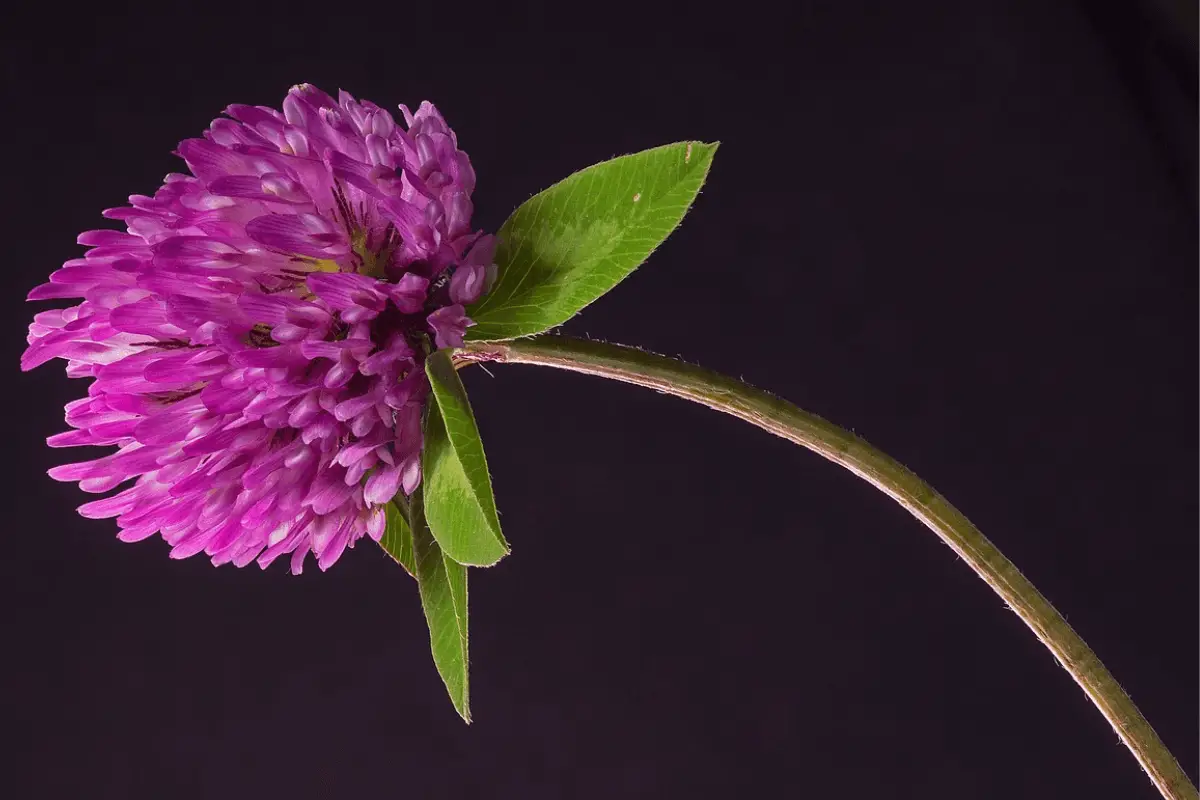
Red Clover: A Natural Solution for Hormonal Balance
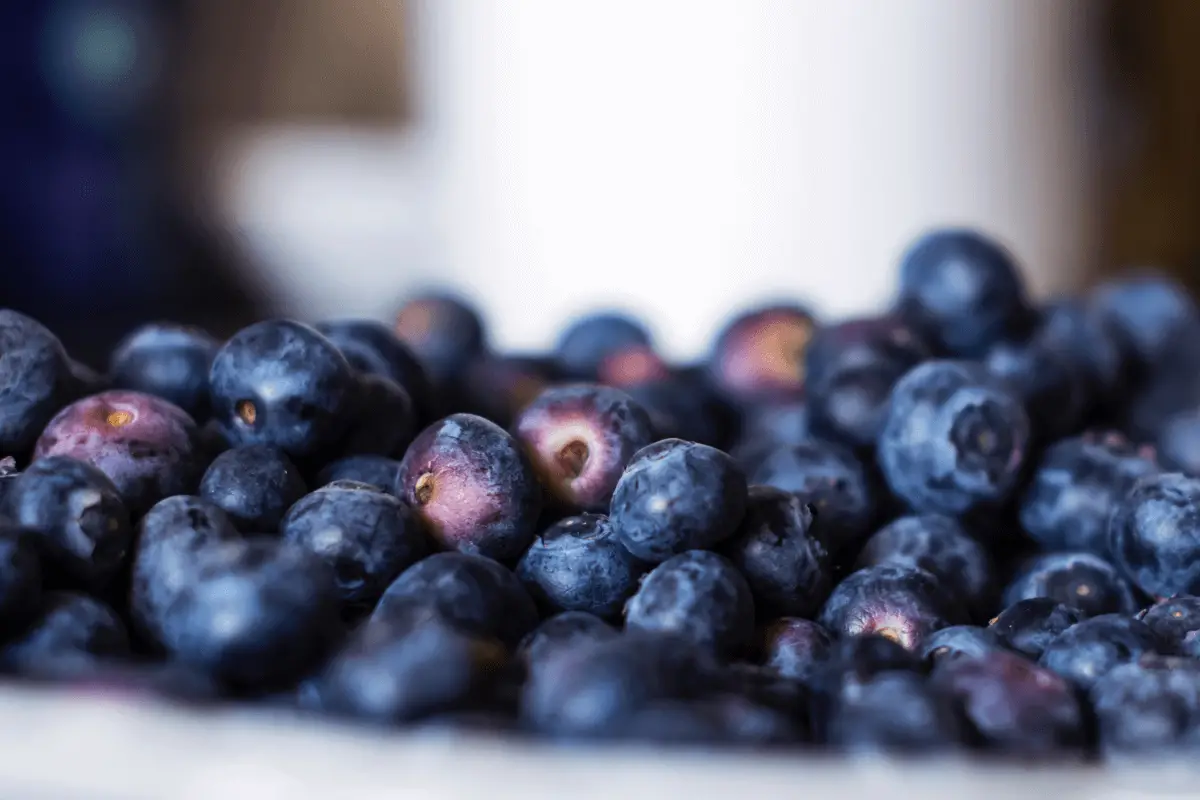
Juniper Berries: Benefits and Uses
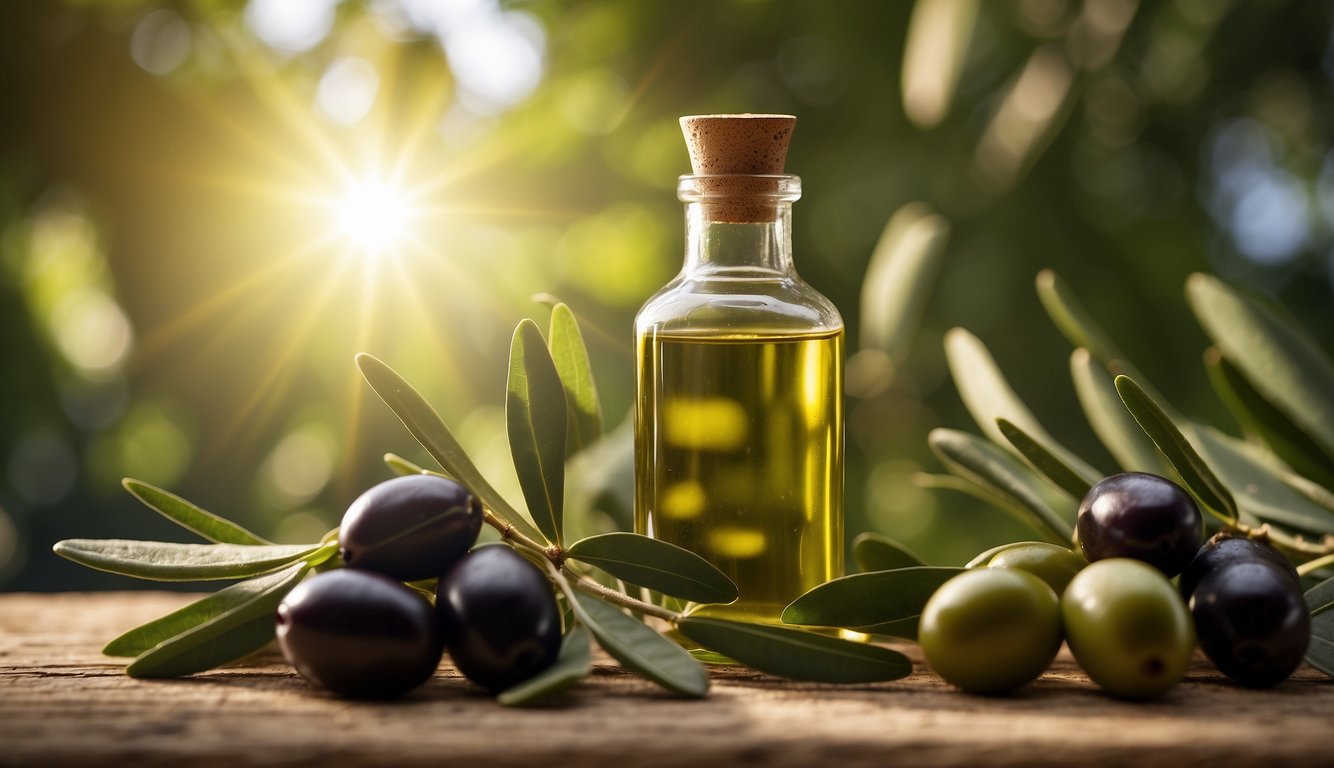
Olive Leaf Extract Benefits: A Comprehensive Overview
Ailments: Your Herbal Compass on The Herb Prof
Ever wondered how our home, The Herb Prof, and our Ailments category are intertwined? Let’s find out!
Firstly, both are your guides on the herbal healing journey. The Herb Prof is your general map, while the Ailments category is your detailed guide for specific health issues.
Secondly, they complement each other like sun and soil! The Herb Prof provides a broad overview of herbal wisdom, while the Ailments category dives deep into specific health concerns.
Health: Your Herbal Haven on The Herb Prof
Let me show you how our The Herb Prof, and our Health category are interlinked. Let’s unravel this!
Firstly, both are your trusty companions on the journey to herbal wellness. The Herb Prof is your holistic guide, while the Health category is your detailed roadmap for specific wellness goals.
Secondly, they complement each other like roots and leaves! The Herb Prof offers a panoramic view of herbal wisdom, while the Health category zooms in on specific wellness aspects.
So, while you’re navigating The Herb Prof, don’t forget to visit the Health category.
Herbs: Your Green Guide on The Herb Prof
The Herb Prof, and our Herbs category are also interconnected. I know it’s obvious but both are your green guides on the path to herbal knowledge. The Herb Prof is your encyclopedia, while the Herbs category is your detailed herb dictionary.
They complement each other like soil and water! The Herb Prof provides a broad spectrum of herbal wisdom, while the Herbs category focuses on individual herbs.
So, while you’re leafing through The Herb Prof, don’t forget to check out the Herbs category. It’s like having a personal botanist at your service! Happy herb exploring!

